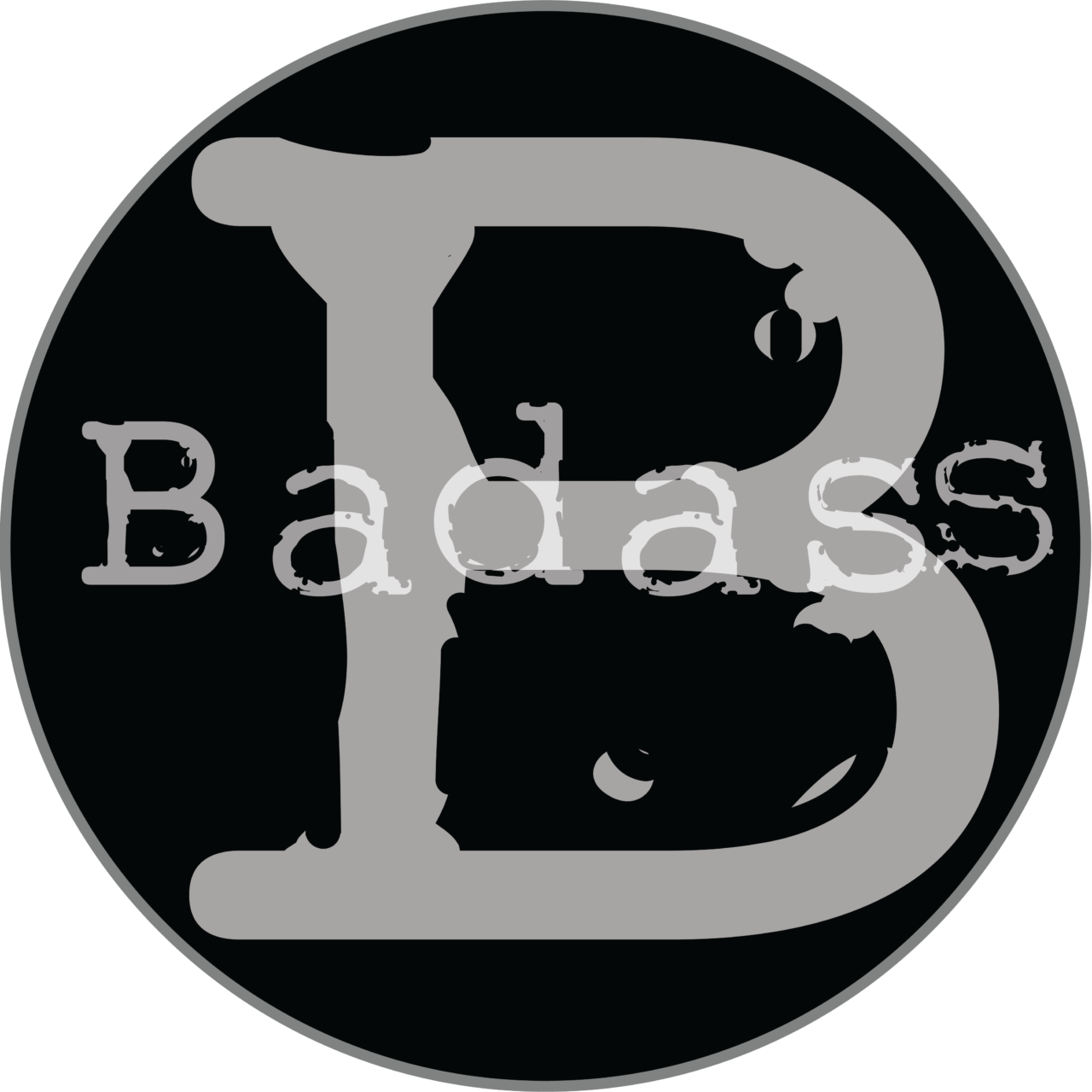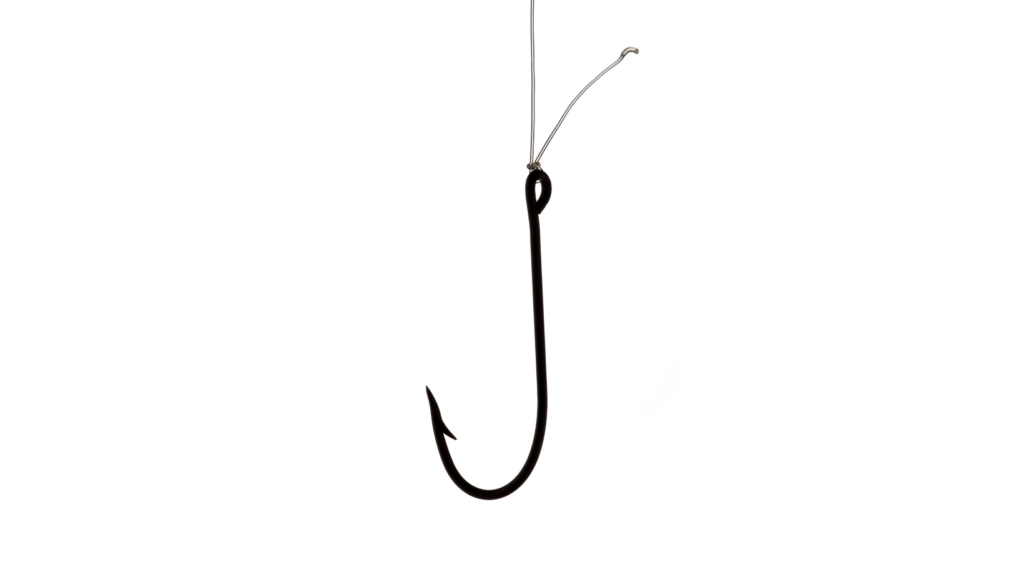The first 10 pages of your screenplay are more important than you may think.
When I was a young print journalist, one of my mentors drilled it into me that I had to hook the reader in the first five words of the lead. That lesson was invaluable. And to this day I do my best to make sure every single word I write counts towards my goal.
What’s my goal? Honestly, for all of us who write, our consistent goal must be to hook our readers. Again and again.
For screenwriters, until not too long ago, it was true that the inciting incident had to occur within 15 pages. Nowadays, readers watch for the hook within the first 10.
The hook isn’t necessarily the inciting incident, but usually that’s what gives a script that je ne sais quois, unputdownable quality.
You know exactly what I mean. When you’re reading a script and you can’t help but sit on the edge of your seat. When you can’t help but admire the writer’s dexterity and you realize you’re holding a masterpiece.
Even the most jaded among gatekeeper script readers knows the feeling they get when they experience it. As writers, we work on that x-factor, that ‘it’ that makes our story stand out from the rest as if it belongs to another dimension.
That clear and incontrovertible hook is what separates a perfectly competent and interesting story from an outstanding one. It’s that undefinable thing that results in a good read.
And yes, it must show up by the end of page 10.
But why? I prefer a slow build.
I’ve said this before and I’ll say it again. Screenwriting is unlike any other form of fiction. It follows a structure, even if the writer isn’t aware they’re plotting beats. Screenwriters have a finite number of pages with which to work.
For a spec feature, we dare not stray past 120 pages and aim for lower. Given that our final page count is already determined, it makes sense that our primary beats should fall within a given range.
If you’ve ever been a jogger, think of your writing as the start of a run and page 10 as the point where you reach your optimum pace or begin a good sprint.
Within the first 10 pages you should have defined your protagonist and their ordinary world, introduced secondary characters, and defined the main character’s story goal.
The inciting incident must happen —in most scripts anyway— by page 10. That’s the event that defines the reason why the story is being told now. In Jaws, it’s the first shark attack. In ET it’s the eponymous hero being left behind by his spacecraft. (And if you haven’t seen those now classic films, you really should.)
If you don’t manage to sink that hook by page 10, chances are slim to none that your screenplay will advance, if it’s a contest, or be the catalyst for a meeting that leads to development.
So, when you finish a solid first draft, go back to those first 10 pages. Read every word. Enlist other writers and bounce those ten pages off them. Listen hard to their notes. Then polish until you can see your face reflected. J Good luck!


